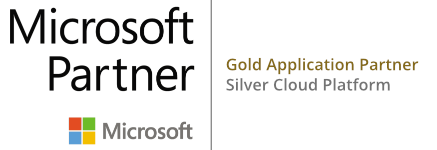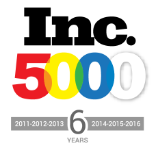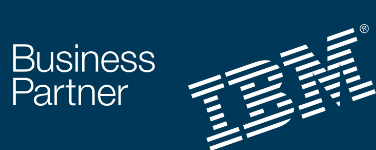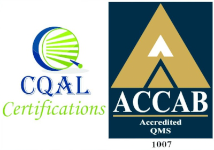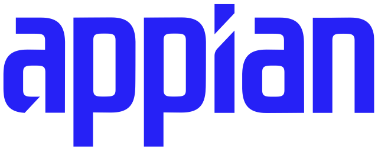What is LMS?
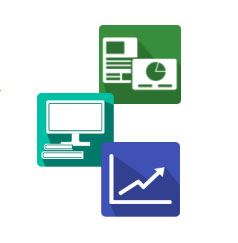 The term Learning Management System (LMS) refers to web-based platforms used for online educational content delivery. A LMS enables an instructor with tools to do the following:
The term Learning Management System (LMS) refers to web-based platforms used for online educational content delivery. A LMS enables an instructor with tools to do the following:
- Create and deliver content
- Monitor student participation and
- Assess student performance
How does it work?
The instructor leverages tools available in an LMS to create courses (typically using presentation or video formats). The students can access the material at their convenience using a device of their choice. Their study progress and performance (against quiz/exam) can be monitored by the instructor.
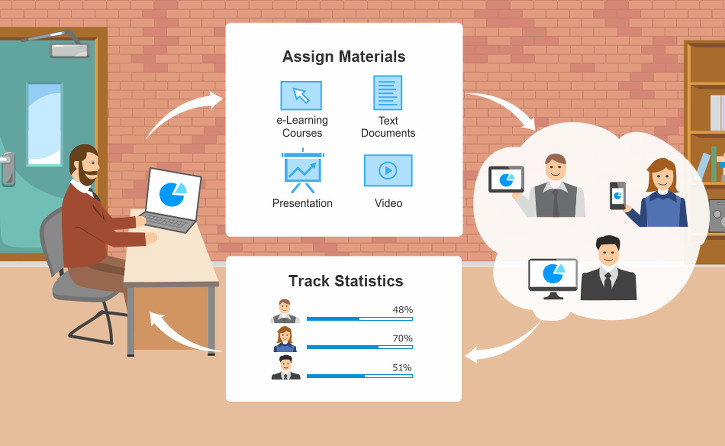
Popular LMS platforms
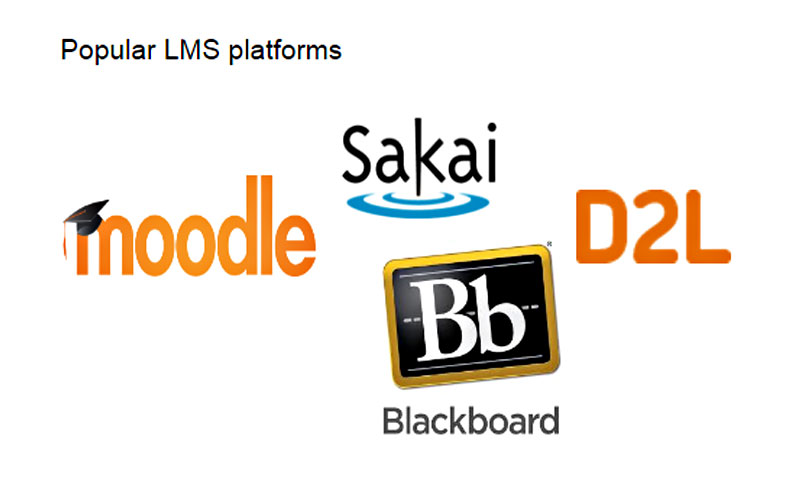
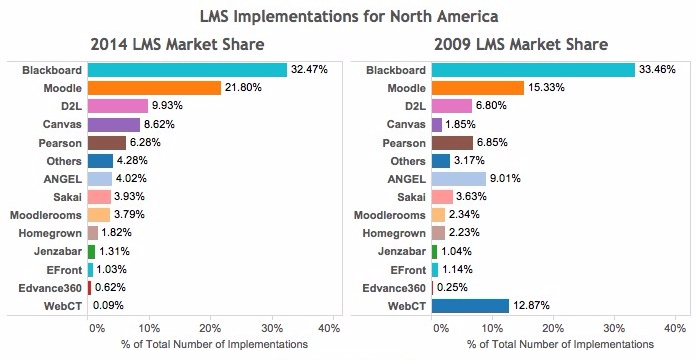
About Moodle
Introduction
Moodle is one of the most popular open source LMS systems available today. It allows educators to create online courses, which students can access as a virtual classroom. It provides a lot of ready to use features like notifications, calendar, dashboard offered via responsive UI for mobile and desktop.
Why Moodle
Many of our customers prefer Moodle over other LMSs for the following features:
- Modern easy to use interface: It is designed to be responsive, accessible and easy to navigate.
- Personalised Dashboard: Organize courses, view at a glance current tasks and messages.
- Calendar: Keep track of your academic or company calendar, course deadlines, group meetings and other personal events.
- Activities: A student will perform certain tasks to validate their understanding.
- Notification: Notify when new assignments are added or deadlines are approaching.
- Track Progress: Educators and learners can track progress and completion with an array of options for tracking individual activities at course level.
Activities
Moodle supports creation of activities and content such as assignments, chat facility, feedback module, glossary section, lessons, quiz exams, etc.
Moodle Roles
Moodle allows you to distribute rights for customization of UI on the basis of Roles. The roles are divided into the following categories:
- Admin – Access course and modify them, they usually do not participate in courses.
- Course creator – Create new courses.
- Teacher – Change the activities and grading of students.
- Student – Generally have fewer privileges within a course.
- Guest – Guests have minimal privileges for read-only operations.
Customization support
Most clients prefer to have their LMS adhere to their company branding. Moodle offers extensive customization support to achieve that goal.
- Changing your theme
- Customizing your front page
- Setting user profiles
- Settng guidelines for coding, html, aria (speech to text) support etc.
- Supporting developer tool
Resources
- More Information: http://www.moodle.org
- Tutorial: http://www.moodletutorials.org/
- Demo: http://school.demo.moodle.net/login/index.php
Moodle based implementations
Our experience with LMSs
At Synerzip, we have handled multiple LMS projects for various clients. Some key examples:
- Implemented healthcare domain LMS from scratch for client in Moodle
- Built a web application with LMS capabilities using Moodle and WordPress for client.
- Built a proprietary LMS framework for client using PHP on backend and JQuery, Javascript and HTML on frontend.
- Upgraded and revamped existing LMS using Moodle for client.
- Integration of client software with Moodle, BlackBoard, D2L, Canvas and Pearson LMSs.






